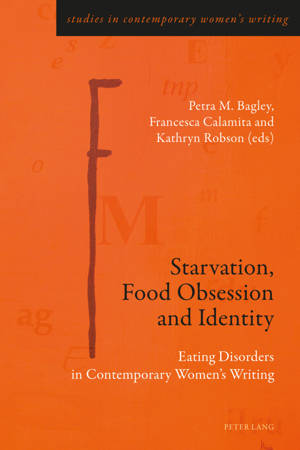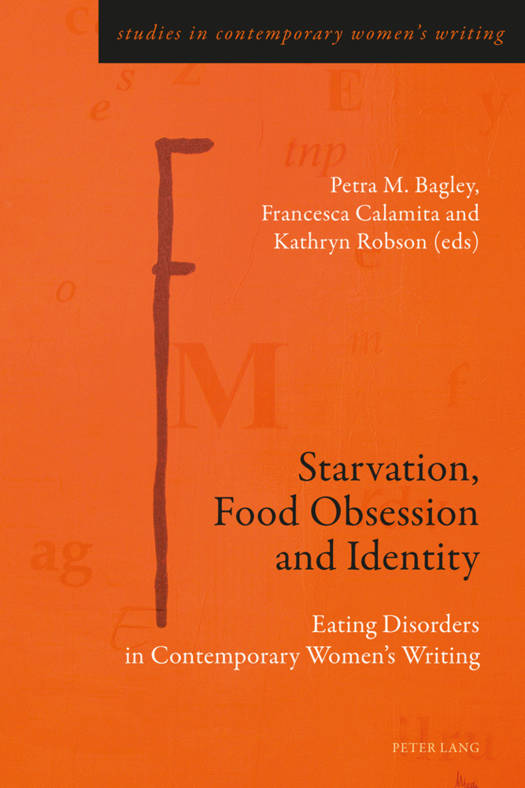
- Afhalen na 1 uur in een winkel met voorraad
- Gratis thuislevering in België vanaf € 30
- Ruim aanbod met 7 miljoen producten
- Afhalen na 1 uur in een winkel met voorraad
- Gratis thuislevering in België vanaf € 30
- Ruim aanbod met 7 miljoen producten
Zoeken
Starvation, Food Obsession and Identity
Eating Disorders in Contemporary Women's Writing
€ 151,45
+ 302 punten
Omschrijving
Anorexia, bulimia, binge eating and troubled relationships with food and bodies have been depicted by writers across a variety of languages and cultures, since before the medicalisation of eating disorders in the late nineteenth century to the present day. This cross-cultural volume explores the fictional portrayal of these self-destructive yet arguably self-empowering behaviours in contemporary French, German and Italian women's writing. Covering autobiography, fiction and autofiction, the chapters included here outline different aspects of the cultural encodings of anorexia in Europe today. Contributors analyse how literary texts not only recount but also interrogate wider cultural representations of eating disorders, particularly with regard to concepts of (gender) identity, the body, the relationship with the mother, and the relation between food and words. This volume seeks to draw out the multiple meanings of anorexia as both a rebellion against and conformity to dominant (and gendered) socio-political structures. It explores the ways in which contemporary women's novels and memoirs both describe and, importantly, also redefine eating disorders in present-day Europe.
Specificaties
Betrokkenen
- Uitgeverij:
Inhoud
- Aantal bladzijden:
- 292
- Taal:
- Engels
- Reeks:
- Reeksnummer:
- nr. 6
Eigenschappen
- Productcode (EAN):
- 9783034322003
- Verschijningsdatum:
- 30/11/2017
- Uitvoering:
- Paperback
- Formaat:
- Trade paperback (VS)
- Afmetingen:
- 152 mm x 229 mm
- Gewicht:
- 412 g

Alleen bij Standaard Boekhandel
+ 302 punten op je klantenkaart van Standaard Boekhandel
Beoordelingen
We publiceren alleen reviews die voldoen aan de voorwaarden voor reviews. Bekijk onze voorwaarden voor reviews.






